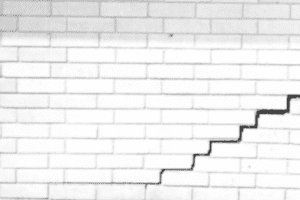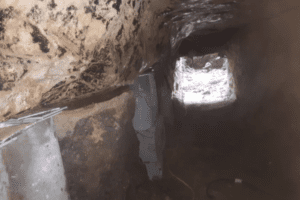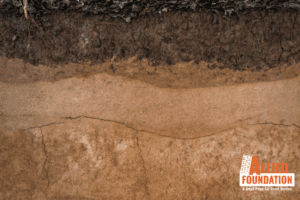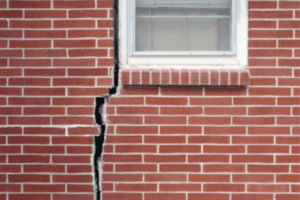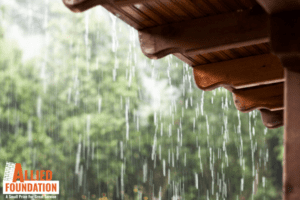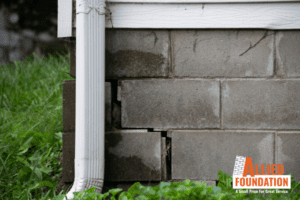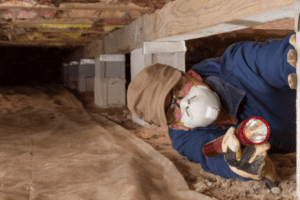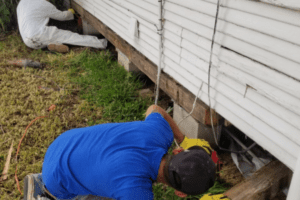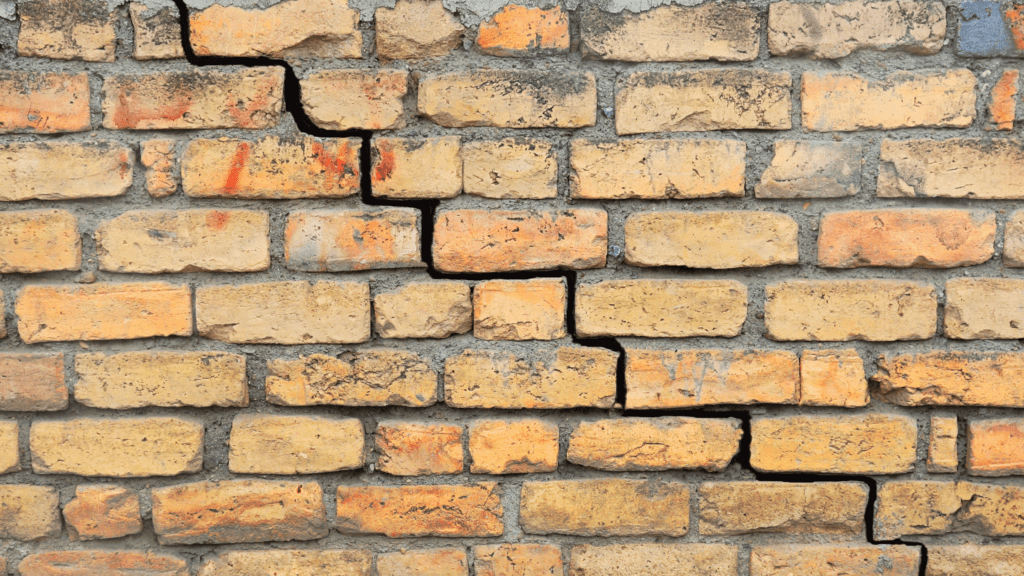Homes are built to withstand different natural events, including high winds, flooding, and earthquakes. But over time, the weight of your home, along with the changes in soil moisture content, which are caused by temperature and precipitation variations, as well as extreme weather events, like heavy rainfall and flooding, can take a toll on your foundation.
Because your Houston home’s foundation is made of concrete, which is a porous material, it tends to absorb and release water just like the clay soil around and underneath it. Compared to sandy soil, clay soil expands and contracts more in response to the changes in temperature and moisture content. The mechanical stresses resulting from repeated expansion-contraction cycles are the main culprits behind many foundation problems, including cracking.
Identifying foundation cracks as soon as possible and keeping an eye on them can help you prevent structural problems from occurring. To identify foundation cracks correctly, it’s essential to know the main types of foundation cracks:
- Vertical cracks – These cracks form due to concrete curing or normal settling process and typically don’t pose a structural threat.
- Diagonal/stair-step cracks – Caused by differential settlement, these cracks often appear when one side of the foundation settles lower than the rest of it. This could lead to different structural problems within the home.
- Horizontal cracks – In general, these cracks are caused by hydrostatic pressure, which pushes the soil against the foundation.
Besides knowing the types of cracks that may affect your foundation, being aware of their underlying causes will allow you to take the necessary corrective measures even before they occur. Here are the main c of foundation cracks.
- Excess Water – Just like many other areas of the country, Houston also goes through seasonal changes. The dry season alternating with the wet season can adversely affect the clay soil under your home and cause foundation problems. To begin with, excess water coming from a flood or heavy rainfall combined with poor drainage and/or improper grading may cause the clay soil around and under your foundation to become soft.
Because soft soil isn’t able to properly support the structure on top, your home may start to sink into the ground and settle unevenly, which will lead to cracks in the foundation and exterior walls. As well, over-saturated clay soil tends to expand significantly. The more it expands, the more pressure it exerts on the foundation, eventually causing it to bend and crack.
- Summer Heat – Concrete expansion during the summer is a natural phenomenon. However, that doesn’t mean it won’t cause problems. Because concrete expands during the day and contracts as it cools off at night, cracks may occur in your foundation.
Also, prolonged drought may cause the soil around your foundation to lose all the moisture. The ground will shrink significantly and pull away from your foundation. Gaps may start to develop along your foundation, allowing it to shift and move. All this movement will create wider and deeper holes, which may cause your foundation to shift even more and settle unevenly. As a result, cracks will appear in your foundation.
- Normal Settling – After a Houston home is built, its foundation will continue to settle over the next few years. As the home settles, hairline cracks may develop in the foundation, walls, near windows and doorways, as well as in areas where the walls/ceilings intersect. While normal settling usually happens uniformly, there are times when the foundation sinks unevenly, leading to differential settlement and severe cracking.
- Frost Heave – In Houston, heaving typically occurs during the wet season, when the clay soil underneath the foundation expands due to excess rainwater. However, the February 2021 Arctic outbreak that had affected the Greater Houston area proved that our home foundations could also get damaged by frost heave. Frost heave develops when the temperature drops below 32°F and the water trapped in the soil starts to freeze, causing the soil to expand upwards. Because the ground on which the foundation is built moves, the foundation moves as well, often shifting and settling unevenly afterward. This may cause cracks to develop in different areas of your home.
In addition to these points, improper foundation design, poor construction, and trees located too close to the home are three more causes of foundation damage in Houston homes.
Although foundation damage is something serious, the good news is that cracks as well as other problems usually don’t mean the end of your foundation! That’s because experienced professionals can fix almost any foundation issue and restore the structural integrity of your home. However, one thing to remember is that, due to the unique properties of clay soil, your Houston home’s foundation requires a customized approach. Therefore, it’s advisable to contact a local foundation repair contractor that isn’t only experienced enough to recognize even the most subtle signs of foundation distress but also knows how to fix foundation problems that impact the entire structure of your home. For a free repair estimate or foundation inspection in the Greater Houston area or surrounding communities, contact our experts at Allied Foundation today!
